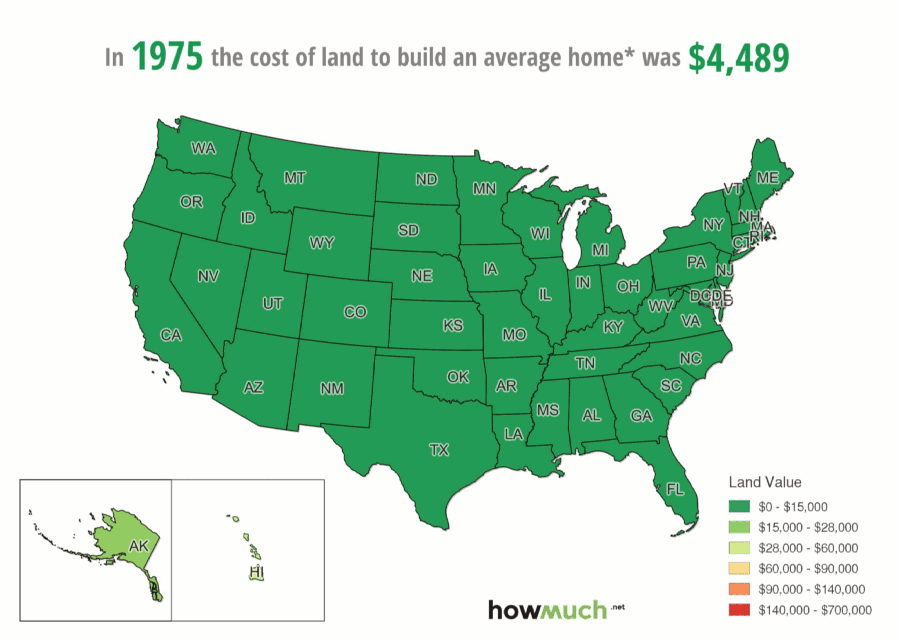You’re not wrong to be curious about income inequality. Politicians on both sides talk about it all the time, and the media is obsessed with stories about the top 1%. Our map takes a unique look at inequality by focusing on the threshold of income needed to join the top 1% compared to the top 50% for several countries around the world.

- The United Arab Emirates has the most unequal distribution on our map. The money needed to join the top 1% is $922K compared to $22K for the top 50%.
- The threshold to join the top 1% of income in the U.S. is almost 13x bigger than the top 50%.
- The U.K., France and Germany have similar numbers for the amount of income needed to be in the 50% threshold ($36K).
- India is one of the poorest countries on our map. It takes only $4K of income to meet the 50% threshold of income and $77K to be in the top 1%.
Inspired by an idea from Bloomberg, we analyzed a handful of countries from different regions around the globe. These countries aren't necessarily representative of their respective regions. We figured out how much money it would take to be in the 50th percentile of income for 14 different countries around the world from The World Inequality Database, comparing it to the threshold needed to join the top 1%. We used the latest available set of numbers available. We pulled data for Canada from Statistics Canada taking into consideration purchasing power parity (PPP) according to the OECD.
Top 10 Countries with The Highest Threshold to Join the Top 1% income
1. United Arab Emirates: $922K
2. United States: $488K
3. Bahrain: $485K
4. Germany: $277K
5. United Kingdom: $248K
6. France: $221K
7. Canada: $202K
8. South Africa: $188K
9. Brazil: $176K
10. Russia: $174K
There are some big gaps on our map between the income needed to join the top 50% and the top 1%. The UAE has the most unequal distribution of income on our map, with $922K needed to join the top 1% compared to just $22K for the top 50%. That stands in stark contrast to India, where $77K is enough income to make it across the threshold of the top 1% in the country.
Consider the relationship between inequality overall and how much people in the 50th percentile make. For example, the U.S. definitely has some substantial inequality, but middle income Americans make more money ($38K) than any other country in our visualization. Germany, France and the U.K. are also unequal overall but relatively high incomes for the 50th percentile ($36K). Compare that to the situation in Brazil and South Africa, where middle income workers earn roughly 7x less than in the U.S..
There are a couple things to keep in mind about our map. It only contains numbers for 14 different countries. There are also big differences in inequality inside countries like the U.S. There’s a lot that can be said about comparing wealth instead of income. And finally, our map doesn’t consider the types of services each government provides for its citizens. People in one country might have guaranteed retirement pensions (like France used to) and healthcare, but many Americans don’t have access to these types of things outside of their workplace.
So there’s lots of inequality around the world, but is that necessarily bad for middle income workers? Let us know your thoughts in the comments.
Data: Table 1.1
About the article
Authors
Irena - Editor





